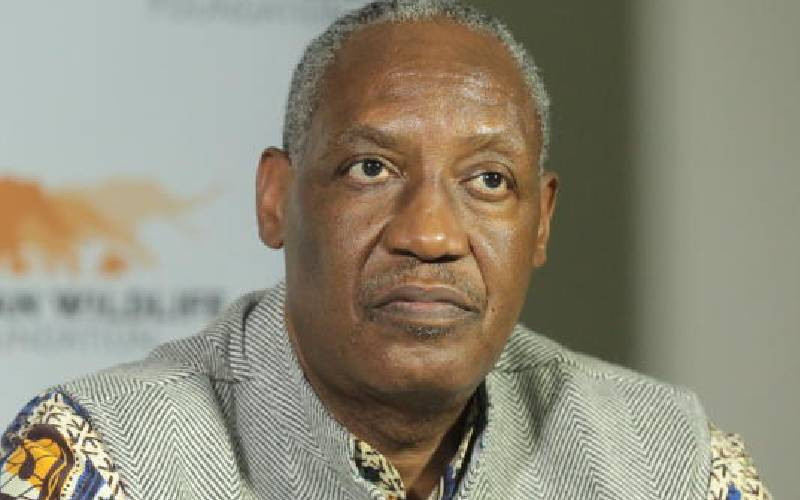×
The Standard e-Paper
Stay Informed, Even Offline

The African Wildlife Foundation hopes that conservation will take precedence during the 36th Ordinary Session of the Assembly of the African Union which opened yesterday.